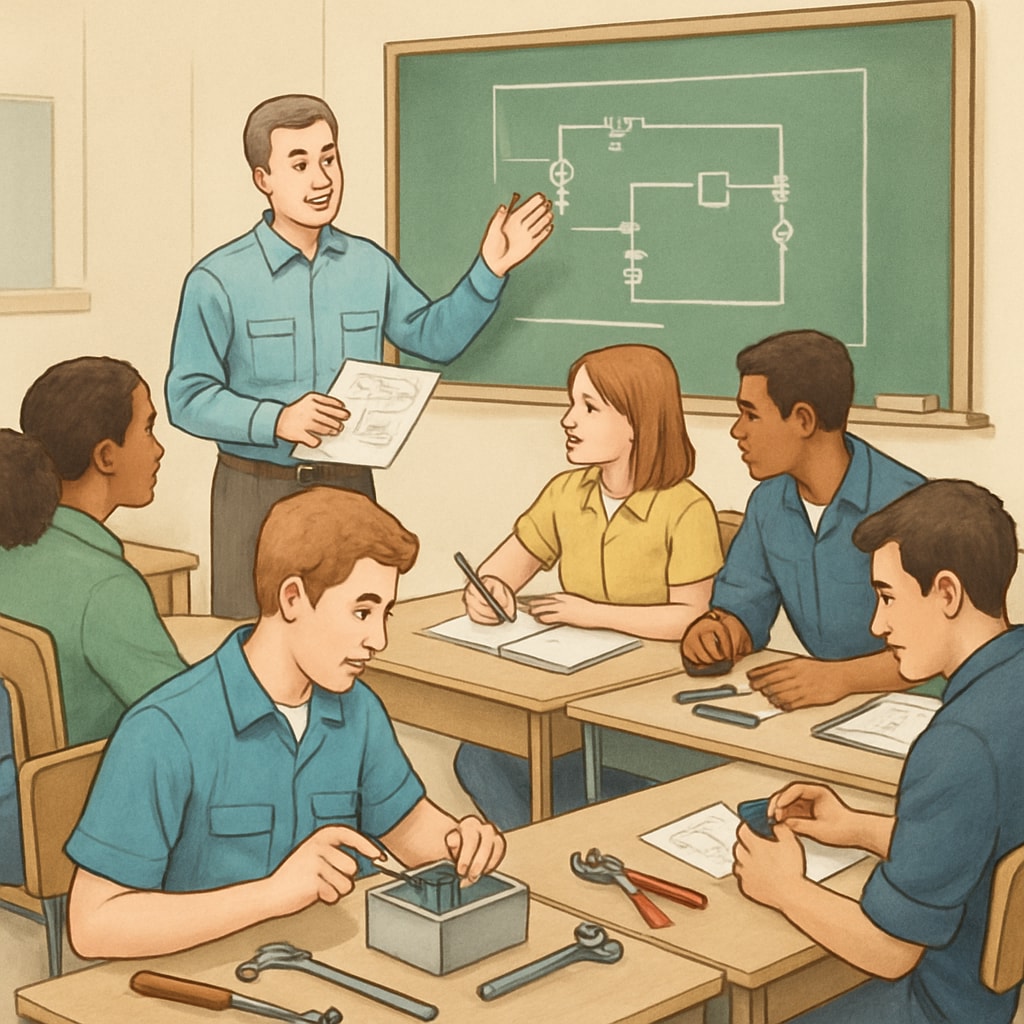In the context of UK education, academic interruptions, and recovery pathways, many young people face significant challenges when trying to return to school. This is particularly true for those who drop out due to personal or family struggles. For instance, consider an 18-year-old in the UK who left school prematurely owing to financial hardships at home. This article provides a comprehensive guide for young people in similar situations, offering practical steps to regain access to education and career development.
Understanding the Challenges of Academic Interruptions
Dropping out of school can happen for a variety of reasons, including family conflicts, mental health issues, or economic pressures. These hurdles often leave young individuals feeling disconnected from academic or career goals. According to a report by the UK Department for Education, over 10% of students in England fail to complete secondary school, increasing the risk of long-term unemployment.
Key barriers faced by dropouts include:
- Lack of confidence in academic abilities
- Limited awareness of education recovery programs
- Financial constraints affecting access to resources
- Social stigma attached to academic failure
However, overcoming these obstacles is possible with the right support and resources.

Available Education Recovery Options in the UK
For young individuals who wish to re-engage with education, the UK offers a variety of pathways to suit different needs. These include:
1. Enrolling in Alternative Education Programs
The UK government supports several alternative education frameworks, such as Further Education (FE) colleges and independent learning platforms. These programs often focus on flexibility, enabling students to balance studies with other responsibilities. For example, the Gov.uk Further Education portal provides a list of courses tailored for students without traditional qualifications.
2. Accessing Online Learning Resources
Online platforms like the Open University or FutureLearn offer free and low-cost courses in a wide range of subjects. These resources can help young people rebuild foundational skills and explore new career interests.
3. Seeking Local Community Support
Community centers and charities often provide tutoring, mentorship, and financial assistance for education. Organizations like the Prince’s Trust focus on empowering youth through skill-building programs and career guidance.

Creating a Personalized Education Plan
Returning to education after dropping out requires careful planning. Here are some steps to consider:
- Assess Current Skills: Identify strengths and areas needing improvement through self-assessment or professional advice.
- Set Realistic Goals: Define clear, achievable objectives, such as completing GCSEs or pursuing vocational training.
- Utilize Financial Aid: Explore grants, scholarships, or local funding opportunities to reduce financial barriers.
- Build a Support Network: Connect with mentors, educators, and peers who can provide encouragement and guidance.
Additionally, seeking professional advice from career counselors can help align educational goals with long-term career aspirations.
From Education to Career: Bridging the Gap
Education recovery is not just about re-entering the classroom; it’s also about building a sustainable future. Vocational training and apprenticeship programs provide hands-on experience, making them ideal for those who prefer practical learning. For example, the UK’s Apprenticeship program combines work-based training with classroom instruction, offering students a pathway to skilled professions.
Furthermore, young individuals can explore post-secondary education through Access to Higher Education courses, which are specifically designed for people without traditional qualifications. This route can lead to university admission and higher career prospects.
In conclusion, re-engaging with education after dropping out is a challenging but rewarding journey. By leveraging available resources and planning strategically, young people in the UK can rebuild their academic and professional futures with confidence.
For more information, consider visiting resources like The Prince’s Trust or National Careers Service for tailored guidance.
Readability guidance: Short paragraphs and lists enhance readability. Transition words like “however” and “for example” ensure smooth content flow. The article maintains an active voice and avoids overly complex sentences.


